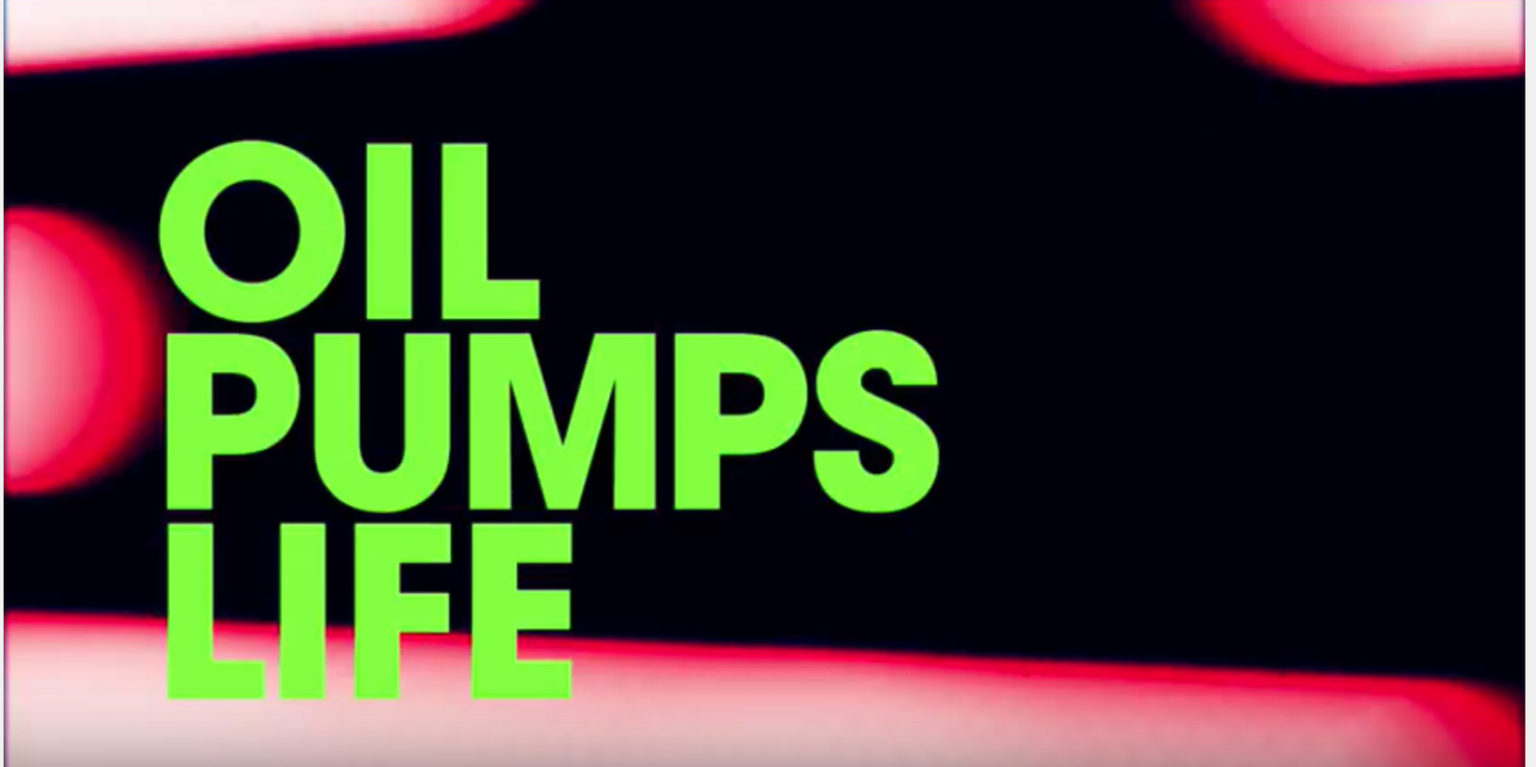The American Petroleum Institute, one of the largest oil and gas lobbying organizations in the United States, used the extreme hype surrounding Super Bowl commercials to launch a new advertising campaign aimed directly at the American public.
The campaign, called Power Past Impossible, touts the many uses of oil and natural gas and highlights how dependent modern life is on the byproducts of these fossil fuels.
Watch the ad released during Super Bowl 51:
While it is true that oil is used in the manufacture of countless products, the goal of API has always been to make the oil industry more profitable. And as the U.S. begins to wake up to the idea that renewable energy is the future of energy, the industry is growing increasingly nervous about what that might do to its profits.
Hence, this new ad campaign, which joins the ranks of the Koch-funded group Fueling US Forward. Like API‘s Power Past Impossible campaign, Fueling US Forward seeks to promote the benefits of oil and gas without mentioning their impacts but goes further by attacking electric vehicles and government subsidies for them.
In this latest case, the real question is why API decided to begin lobbying the public directly, rather than using its money and clout to influence politicians who actually create the laws and some of the regulations governing the oil and gas industry. The answer to that question is likely simple: The oil and gas industries are already maximizing the benefits they are receiving from elected leaders, and are now focusing on gaining public approval.
As the Hill reported, API president Jack Gerard “repeatedly stressed the importance of speaking directly to consumers on the ‘awareness’ of the role of oil and gas.”
Gerard told reporters that “while our previous campaigns focused on policymakers and elected officials, our new campaign opens a broader conversation with all Americans about the reach and magnitude of natural gas and oil, the products that come from them and their contributions to consumers’ everyday lives.”
Meanwhile, over the last two weeks, elected officials in Washington, D.C. have proposed or achieved the following legislative efforts: completely abolish the Environmental Protection Agency (EPA), prohibit the EPA from regulating carbon dioxide, overturned an Obama-era rule requiring coal companies to clean up toxic mining waste and keep it from entering rivers and streams, repealed restrictions on methane emissions, and voted to repeal a rule requiring fossil fuel and mining companies to disclose payments to foreign governments.
All of these Congressional efforts have been led by members of the Republican Party, with most votes occurring down party lines, and Congressional Democrats typically voting to protect health and safety standards and the regulatory agency that governs them.
The majority party in D.C. is already on API‘s side, but the majority of the American public (in both political parties) shows strong support for renewable forms of energy. API’s new initiative is a way to convince the American public that oil is so ingrained into the collective DNA that, for example, the environmental impacts of oil spills are acceptable and protests against oil and gas infrastructure such as the Dakota Access pipeline are futile or even backward.
In theory, if API can manage to persuade the American public that oil is necessary for plastic production, then the lobbying group should be able to gain more support for drilling activities around the country. The reason this may be so important to the industry right now is because this may be its last chance to keep oil — and profits — flowing in the long run.
The production of vehicles with better fuel efficiency, or completely electric vehicles that are not fueled by oil products, has put a dent into the profits of the oil industry. But what the industry could be worried about next are the new technologies in plastic production that might make oil obsolete.
As it stands right now, crude oil is not the only way to produce plastics. While it is currently the cheapest available compound to use, it is certainly not the only one, and someday it may not even be the cheapest. Scientists are currently working on compounds that could eventually take oil completely out of the plastic production process, including renewable compounds like those found in orange peels, sugarcane, switchgrass, and other plant- or algae-based materials (though these are not without their impacts as well).
If these new technologies can do the job, it could signal the end of Big Oil’s dominance over modern life once and for all, and that’s a future API’s Power Past Impossible campaign is trying to postpone.
Main image: Screenshot of Power Past Impossible Super Bowl ad via YouTube.
Subscribe to our newsletter
Stay up to date with DeSmog news and alerts







